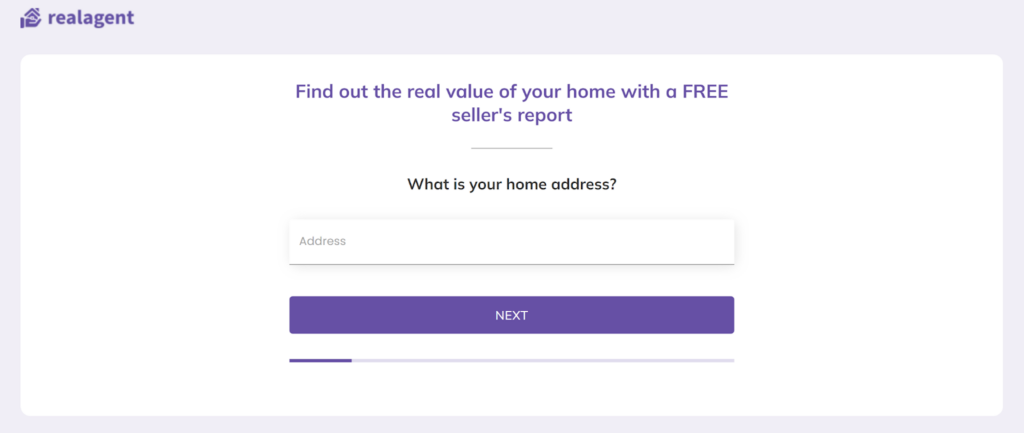Data Compliance
« Back to Glossary IndexQuick Summary
This guide breaks down the essential steps for ensuring data compliance in your business, from creating clear data handling policies to training your team and implementing secure data practices. Learn how Growform helps businesses streamline compliance with customizable, secure forms designed to meet the highest data protection standards. Check our blog for more insights into effective data collection procedures.
Every Business Collecting Data Must Prioritize Compliance
According to the United Nations, 137 out of 194 countries have enacted data privacy laws, covering 6.3 billion people globally. For businesses using forms to collect customer or visitor data, compliance is no longer just a good idea – it’s a must.
With so much consumer data protected by law, aligning your practices with these regulations is important. In this Growform article, we’ll explain data compliance, why it matters, and how to make it work for your business.
Why Listen to Us?
At Growform, we specialize in creating high-converting forms that drive lead generation. Our platform offers customizable, multi-step forms with conditional logic and integrates with over 300 tools.

Clients like Reach Web Assets, Heyzine Flipbooks, and Foxyapps have seen better form completion rates, lead quality, and seamless automation to turn visitors into loyal customers.
What is Data Compliance?
Data compliance is the practice of managing and protecting data in accordance with legal regulations, industry standards, and internal policies. It ensures businesses handle data responsibly, maintaining accuracy, transparency, privacy, and security.
Compliance safeguards sensitive information, reduces risks, and ensures organizations meet their legal and ethical obligations throughout the data lifecycle.
Key Elements of Data Compliance
- Data Accuracy: Ensuring data is precise, up-to-date, and error-free.
- Transparency: Communicating how data is collected, used, and protected.
- Privacy Protection: Safeguarding personal data from unauthorized access or misuse.
- Lifecycle Management: Managing data throughout its entire lifecycle—from collection to secure deletion.
Is Data Compliance the Same as Data Security?
No, it’s not. While data compliance focuses on meeting legal and regulatory requirements, data security is all about protecting data from cyber threats.
Security measures like encryption play a key role in compliance, but compliance covers a broader range, including privacy and governance. It ensures your business follows the rules while keeping data safe.
Key Data Compliance Regulations
General Data Protection Regulation (GDPR)
- Specific Requirements: The GDPR ensures businesses handle the personal data of EU residents responsibly, requiring explicit consent, data access rights, and deletion requests.
- Penalties for Non-Compliance: Failure to comply can lead to fines of up to 4% of global revenue or €20 million and significant reputational damage.
California Consumer Privacy Act (CCPA)
- Specific Requirements: The CCPA grants California residents the right to know, delete, or opt out of the sale of their personal data. Businesses must provide clear privacy policies and respond promptly to consumer requests.
- Penalties for Non-Compliance: Non-compliance can result in hefty fines and potential lawsuits, damaging business reputation and trust.
Health Insurance Portability and Accountability Act (HIPAA)
- Specific Requirements: HIPAA mandates healthcare organizations to protect patient health information (PHI) through strict security measures.
- Penalties for Non-Compliance: Violations can lead to fines and penalties and loss of trust in the healthcare industry.
Payment Card Industry Data Security Standard (PCI DSS)
- Specific Requirements: PCI DSS requires businesses handling payment card data to adopt encryption, access controls, and regular security audits.
- Penalties for Non-Compliance: Failure to comply can result in fines, penalties, and the loss of payment processing capabilities.
Why Data Compliance is Crucial for Your Business
Legal Protection and Risk Mitigation
- Avoid Hefty Fines: Staying compliant helps you avoid the expensive penalties of breaking data laws.
- Mitigate Legal Risks: Following the rules shields your business from lawsuits and costly legal battles.
- Protect Your Reputation: Keeping data secure and following regulations safeguards your brand’s trustworthiness and public image.
Building Trust with Customers
- Demonstrate Commitment to Privacy: When you prioritize data compliance, customers know their information is safe with you.
- Boost Customer Confidence: Clear, responsible data practices give customers peace of mind, making them more likely to engage.
- Enhance Brand Loyalty: By showing you care about privacy, you build long-term relationships that keep customers coming back.
Improving Data Integrity
- Ensure Accurate Data: Data compliance ensures that your information is accurate, reliable, and up-to-date, helping you avoid costly mistakes.
- Enhance Operational Efficiency: Well-organized data makes processes smoother, saving time and improving results.
- Enable Informed Decision-Making: With solid data, you can make better decisions that drive business growth and keep you ahead of the competition.
Implementing an Effective Data Compliance Framework
Step 1: Establish Clear Data Handling Policies and Procedures
The foundation of data compliance is the establishment of clear data handling policies. While procedures may vary by industry, here’s what remains constant:
- Privacy Policies: Communicate how customer data is collected, used, and protected.
- Secure Data Storage: Use encrypted solutions to store sensitive data securely.
- Access Control Procedures: Ensure specific data is only available to authorized personnel.
- Data Deletion Protocols: Set clear guidelines for securely deleting data when it’s no longer needed.
Growform helps businesses stay compliant with customizable, multi-step forms that securely collect and process data.
Growform helps businesses follow these best practices with customizable, multi-step forms that securely capture and process sensitive data. Features like conditional logic and real-time data validation ensure that data collection aligns with compliance standards, helping businesses of any type maintain security and privacy.

Features like conditional logic, validation, and consent checkboxes ensure compliance with standards, including FCC Lead Generation Rules, while providing clear data protection notices and secure options to record consent.
Step 2: Implement Secure Data Storage and Access Controls
Once policies are in place, securing the data itself is crucial. Here’s how to ensure it’s protected:
- Encrypted Data Storage: Store sensitive data in encrypted formats to prevent unauthorized access during storage and transmission.
- Role-Based Access Control (RBAC): Define who can access specific data and limit permissions to authorized personnel only.
- Regular Access Reviews: Periodically review and update access permissions to ensure only those who need it have access.
Step 3: Conduct Employee Training and Raise Awareness
Educating your team about data compliance is essential to maintaining security and privacy. Here’s how to ensure everyone is on the same page:
- Regular Training Sessions: Conduct periodic training to update employees on data protection laws and best practices.
- Role-Specific Training: Tailor training for different roles so everyone knows their specific data responsibilities.
- Awareness of Risks: Ensure staff knows potential data security threats, like phishing or improper data handling.
Step 4: Establish Data Deletion Protocols
Managing data retention is just as important as securing it. Set clear guidelines for when and how to delete data:
- Data Retention Schedules: Establish and enforce policies for how long data should be kept based on business needs and legal requirements.
- Secure Deletion: Ensure data is permanently deleted when it’s no longer needed, using secure methods to prevent recovery.
- Compliance with Laws: Follow regulations that specify data retention periods and secure deletion methods.
Ensure Data Privacy and Compliance with Growform
Data compliance is crucial for businesses to protect sensitive information, avoid legal repercussions, and build customer trust. Businesses can effectively ensure compliance by establishing clear policies, securing data, training staff, and implementing deletion protocols.
Growform makes this process easier by providing customizable, secure forms that align with data protection standards. Our platform ensures compliance with features like encryption, access controls, and seamless integrations while improving lead generation and customer engagement.
Start your 14-day free Growform trial today!
Recent Posts
- Your Guide to Using Webflow Form Builder Effectively
- Top 5 Lead Capture Form Examples That Can Boost Your Conversions (2025)
- What Is an Elementor Multi-Step Form & How Does Growform Improve It?
- We Review The Best Microsoft Forms Alternatives for Better Customization and Control
- Here’s Our Review of the Best Form Builders For WordPress Sites
